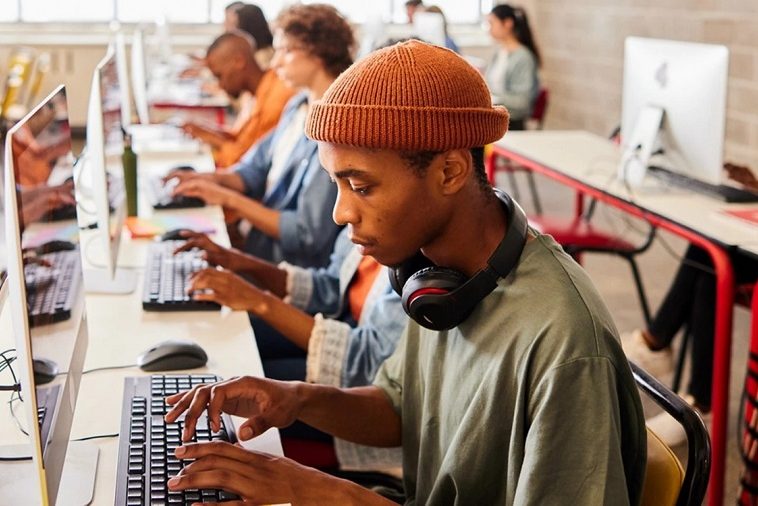Africa’s youth, comprising approximately 60% of the continent’s population, are becoming a decisive force for democratic change. With increasing awareness of their political influence, young people are using the power of the vote to reshape leadership and policies across the continent.
This growing engagement is empowering African youth to influence democratic processes by standing against unfavourable policies and advocating for greater transparency, fairness, and inclusivity in governance.
Youth Engagement: A Milestone
In recent years, a wave of youth-led political engagement has swept across Africa. With a median age of just 19, young Africans are increasingly aware of their potential to shape the future. Youth electoral participation is rising in countries such as Kenya and Nigeria, where young voters have been instrumental in challenging the political status quo.
For example, in Kenya, youth activism played a key role in opposing the Finance Bill of 2024. The bill, which proposed higher taxes on essential goods, sparked widespread discontent. Youth groups utilised social media and grassroots activism to highlight the economic strain these taxes would place on younger generations. In Nigeria, a similar trend was seen during the 2023 elections. The “Not Too Young to Run” movement resulted in a notable increase in youth participation, both in voting and standing for office.
Technology and Civic Education
Technology has become a powerful tool for amplifying the voices of young Africans. Platforms like Twitter, WhatsApp, and Facebook are critical for mobilising young voters, enabling them to organise protests, share information, and hold political leaders accountable. Civic education, particularly in rural areas, has further empowered young Africans to understand their rights and engage in the electoral process.
In countries such as South Africa and Kenya, mobile applications and social media have helped bridge the gap between voters and government, creating spaces for dialogue and engagement.
However, this rise in digital activism is not without its challenges. Cybercrime, misinformation, and government crackdowns on free speech threaten democratic engagement. In many instances, young activists are subjected to police brutality during protests, especially in countries where governments view youth activism as a threat to their power.
Comparative Analysis: Case Studies Across Africa
The influence of youth voters has varied across African nations. In Sudan, for instance, young people played a crucial role in the 2019 revolution that led to the ousting of President Omar al-Bashir. Youth-led protests, with women and young activists at the forefront, were instrumental in mobilising millions to demand change. This highlights the increasing trend of young people using digital platforms to challenge entrenched political systems.
Meanwhile, in South Africa, youth participation has been facilitated by improved access to education and technology. The inclusion of civic education in the curriculum has empowered young South Africans to understand their rights and participate more effectively in elections. As a result, they have been pivotal in advocating for social justice, economic reforms, and environmental policies.
In contrast, countries like Uganda face more significant barriers to youth participation due to political repression and limited access to digital infrastructure. Despite these obstacles, youth in such countries are finding innovative ways to engage in politics, including community-based activism and voter education programmes.
The Future of African Democracy
The political future of Africa rests in the hands of its youth. For sustainable democratic growth, political systems must be reformed to incorporate more young voices in decision-making processes.
Legal frameworks promoting youth participation, such as Nigeria’s “Not Too Young to Run” law, offer a model for other African nations. As more young Africans recognise the power of their vote, the demand for policies prioritising education, employment, and economic fairness is expected to grow.
African youth are not only the leaders of tomorrow but are already shaping the democracies of today. Through their determination, use of technology, and collective activism, they are holding their governments accountable and ensuring their voices are heard. If supported, this movement has the potential to redefine African politics for generations to come.




